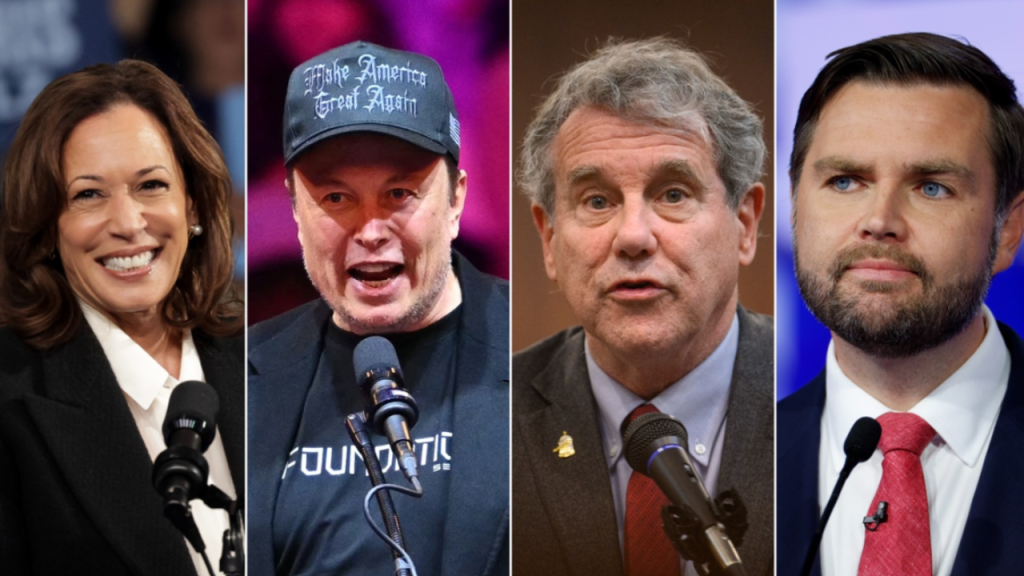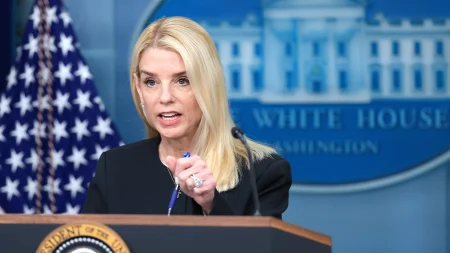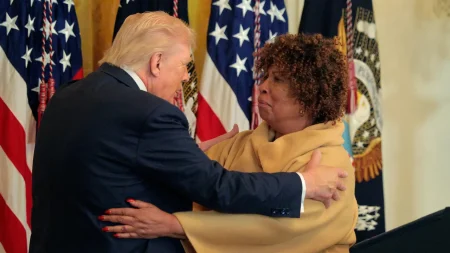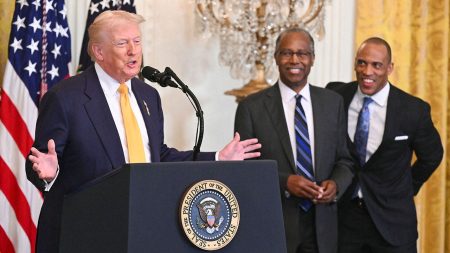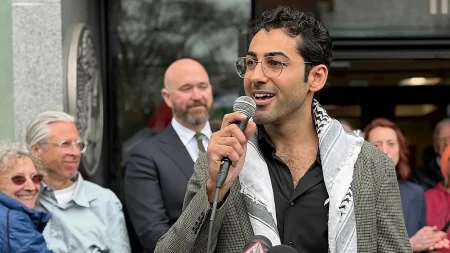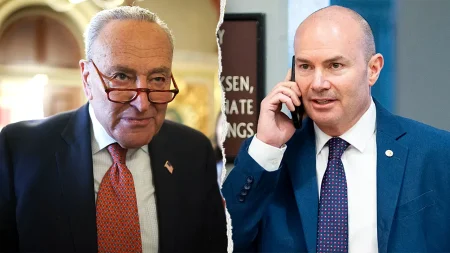2024: A Year of Triumphs and Defeats in American Politics
The year 2024 witnessed a significant shift in the American political landscape, culminating in the unexpected return of Donald Trump to the presidency. Against a backdrop of multiple indictments and widespread media skepticism, Trump defied expectations, overcoming two assassination attempts and securing a decisive victory against incumbent Vice President Kamala Harris. This remarkable comeback, hailed by some as the greatest in American political history, solidified Trump’s position as a dominant force and ushered in a new era of Republican control in Washington, with the GOP holding both the House and Senate. This election cycle became a testament to the resilience of Trump’s political brand and the enduring appeal of his populist message.
The 2024 election served as a stark referendum on the Biden-Harris administration. President Biden’s decision to withdraw from the race, under pressure from within his own party, effectively handed the nomination to Harris. Despite a substantial campaign war chest and the advantage of incumbency, Harris struggled to connect with voters and articulate a compelling vision for the future. Her choice of Minnesota Governor Tim Walz as her running mate proved to be a strategic misstep, with Walz’s series of gaffes and controversial statements overshadowing the campaign’s message. The loss underscored the limitations of simply continuing the policies of a previous administration and highlighted the importance of a candidate’s ability to inspire and connect with the electorate.
Amidst the political turmoil, several figures emerged as influential players in the reshaped political landscape. Elon Musk, the CEO of Tesla and SpaceX, publicly endorsed Trump following the assassination attempt in Pennsylvania, becoming a visible presence on the campaign trail. His influence grew rapidly, culminating in his appointment, alongside former presidential candidate Vivek Ramaswamy, to lead the newly created Department of Government Efficiency. This agency, tasked with reducing government waste, garnered bipartisan support, showcasing a rare instance of political unity in a deeply divided nation. Musk’s prominence in the Trump administration prompted speculation about his level of influence, with some even referring to him as the "co-president."
Conversely, the 2024 election dealt a significant blow to progressive causes championed by financier George Soros. In California, voters overwhelmingly rejected progressive crime policies, rolling back key provisions of Proposition 47 and signaling a shift towards a tougher stance on criminal justice. Soros-backed prosecutors experienced significant setbacks, with District Attorney George Gascón losing his re-election bid in Los Angeles and Pamela Price being recalled in Alameda County. These electoral defeats marked a turning point in the debate on criminal justice reform, reflecting public dissatisfaction with perceived leniency towards offenders and a growing demand for accountability.
The Republican wave extended beyond the presidential race, impacting Senate races across the country. Several long-serving Democratic incumbents lost their seats, including Sherrod Brown in Ohio, Bob Casey in Pennsylvania, and Jon Tester in Montana. These losses further solidified Republican control of the Senate and signaled a shift in the political landscape of these states. The victories of Republican challengers Bernie Moreno, Dave McCormick, and Tim Sheehy underscored the national implications of the 2024 election, demonstrating a widespread rejection of the Democratic Party’s platform and a desire for change in Washington.
Trump’s choice of Senator JD Vance as his running mate initially drew criticism from left-leaning pundits. However, Vance defied expectations, proving to be a valuable asset to the campaign. His frequent media appearances, strong debate performance, and growing popularity solidified his position as a rising star within the Republican Party. At 40 years old, Vance is set to become the third-youngest vice president in American history, and his potential as a future presidential candidate has already generated significant buzz. With Trump constitutionally barred from seeking another term, Vance is widely considered a front-runner for the 2028 Republican nomination, positioning him as a key figure in the party’s future.
These combined victories and defeats shaped the political landscape of 2024, creating a new power dynamic in Washington and setting the stage for significant policy changes in the years to come. The election highlighted the enduring influence of Donald Trump, the challenges faced by the Democratic Party, and the emergence of new political figures who are likely to play pivotal roles in shaping the future of American politics. This year of upheaval served as a clear indication of the evolving political preferences of the American electorate and the ongoing struggle for power between the two major political parties.



